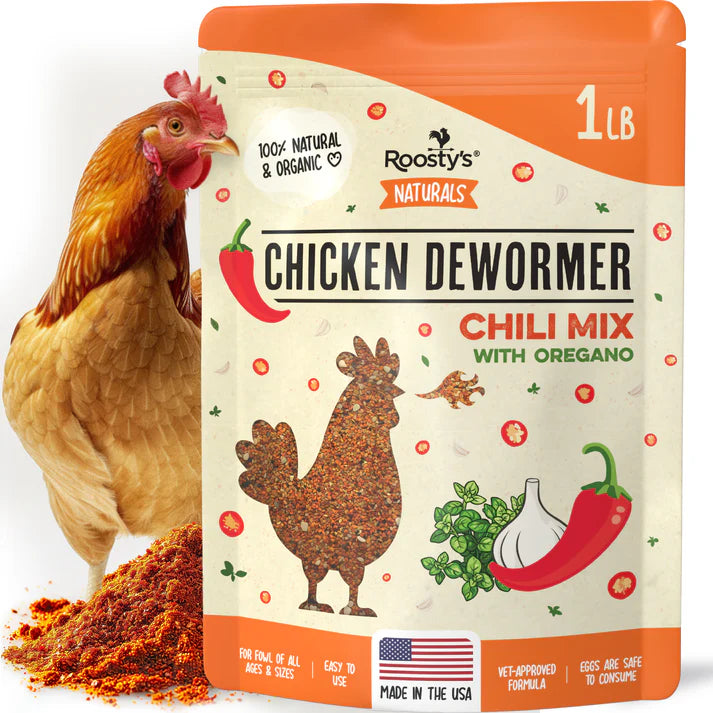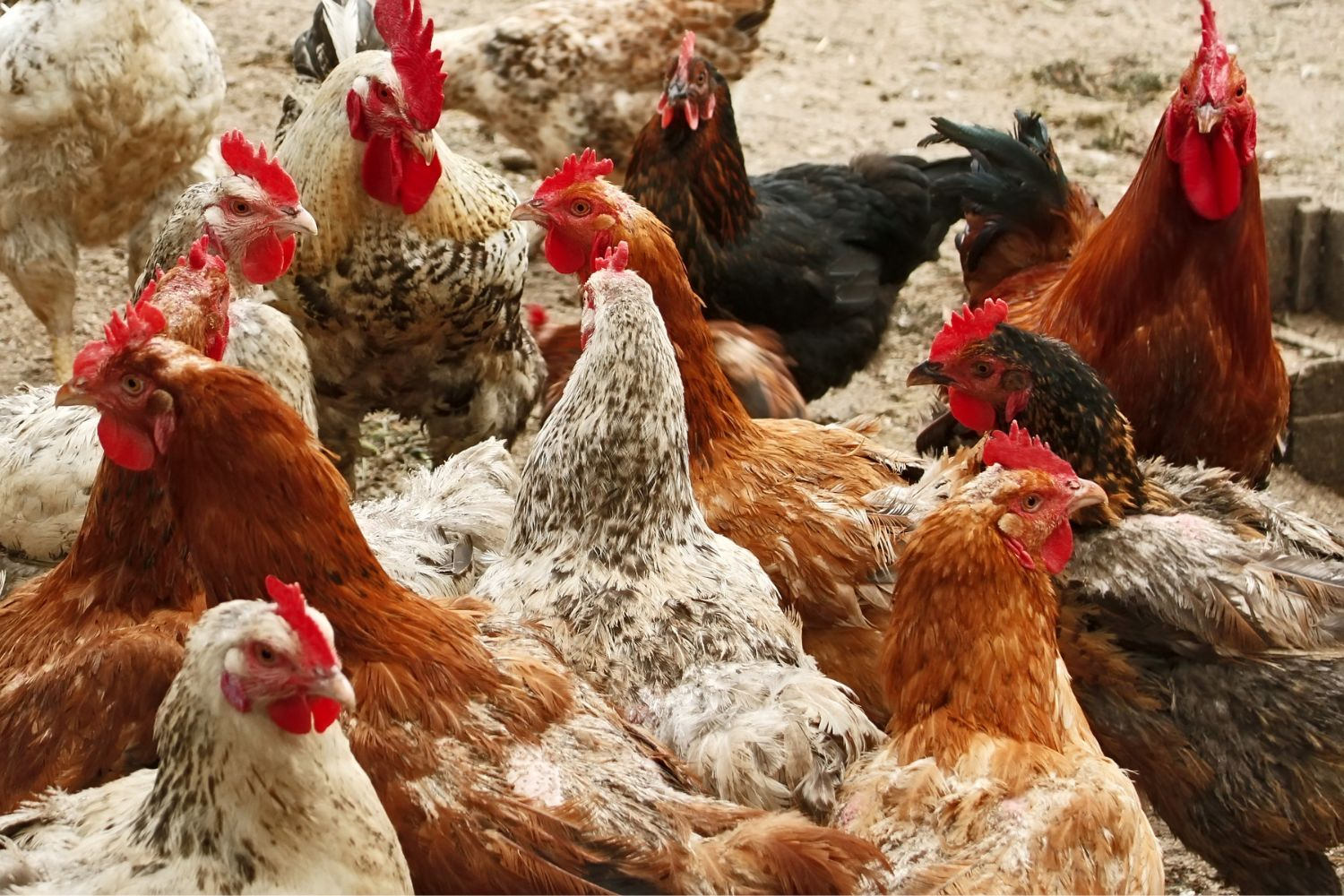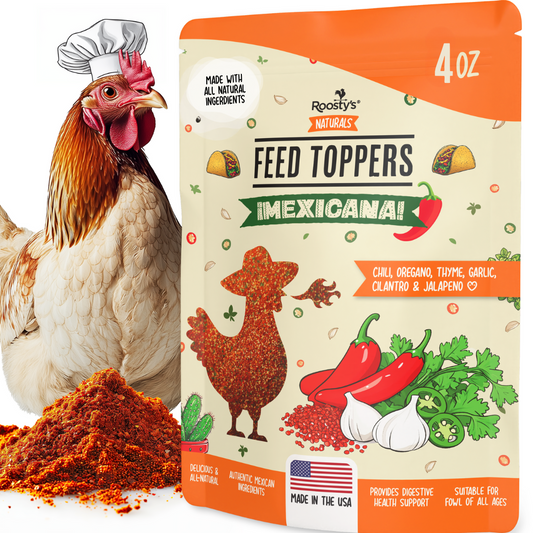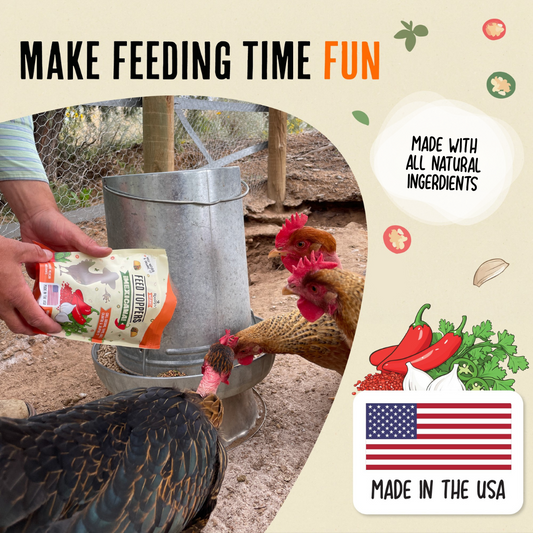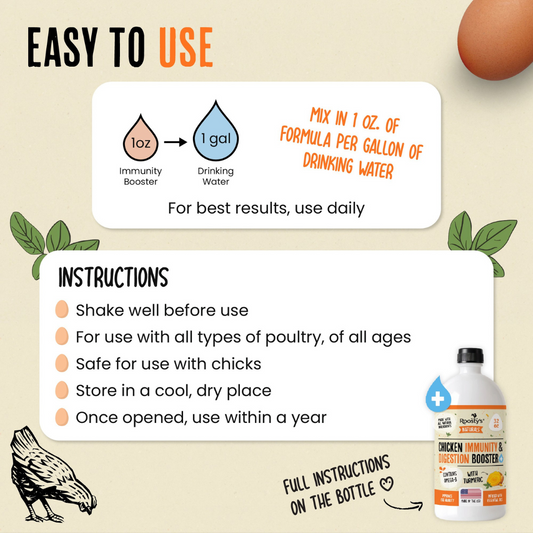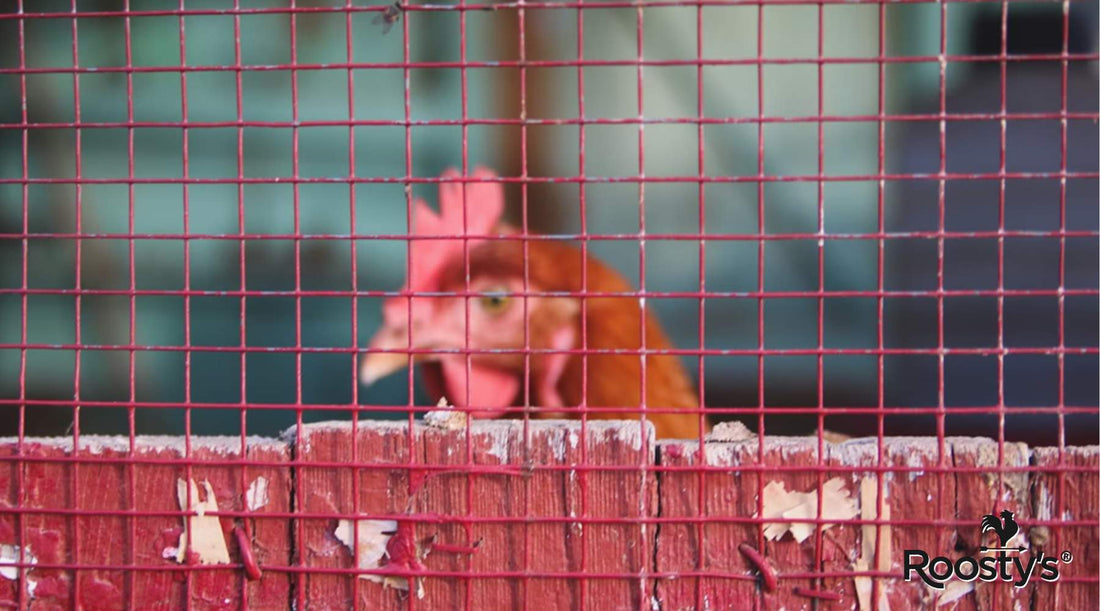
Choosing The Best Hardware Cloth To Protect Your Poultry

Unfortunately, chickens can’t defend themselves.
They might chase and peck you when they’re feeling rowdy, but when faced with a real threat, they don’t stand a chance.
You want to protect your flock at all costs, which is where hardware cloth comes in handy. It’s been used for generations to protect poultry from lots of outside threats. The wire mesh encases your chicken coop and run, meaning your hens can’t escape - and certain predators can’t get in.
Sounds pretty simple, right?
Wrong! Hardware cloth comes in different sizes, styles, and so on. It’s hard to know what you should choose to protect your hens, which is why we made this guide. Keep on reading, and I’ll explain how to choose the best hardware cloth for chicken coop areas.
--------
Hardware Cloth vs. Chicken Wire
Before we jump into things, let’s discuss the elephant in the room.
Shouldn’t you use chicken wire to protect your chickens? After all, the clue is in the name!
Okay, yes, chicken wire can be used to protect your flock, but hardware cloth is a better option. Both are forms of wire mesh, but according to Universal Wire Cloth, the chicken wire tends to have wider gaps and is much thinner.
Hardware cloth is made from a thicker type of galvanized steel, so it’s way harder to break.
This means it can stand up to a battering from some animals that may try to break through it to get to your chickens. It is also going to last longer, so won’t need replacing as often.
Picking The Right Gauge For Hardware Cloth
Wire gauge refers to the thickness of a wire. Clearly, you want to pick a thickness that’ll protect your chickens from everything. If the wiring is too thin, certain pests or predators can chew through it with ease. Foxes have been known to chew threw certain wire meshes, which is partially why I’m recommending hardware cloth over chicken wire.
In what can only be described as the most annoying decision ever, wire gauges are given number ratings, but the lower numbers indicate thicker wires. (It makes no sense and can be confusing, but don’t blame me, I didn’t invent it!)
Hardware cloth is typically made in five different gauges:
- 16
- 19
- 23
- 24
- 27
I did some research, and the general consensus is that a 19-gauge hardware cloth is the best option. As noted by one wire mesh expert a 19-gauge wire will be more than thick enough to keep a range of animals at bay. This includes dogs, coyotes, foxes, possums, mice, and rats.
We know what you’re thinking, won’t it make sense to get a 16-gauge wire mesh for even more thickness?
You could, but the problem with a thicker wire is that it’s harder for you to cut. Hardware cloth comes in a big roll, which you’ll need to trim to size yourself. A 19-gauge wire is pretty difficult to cut already, so 16 may require special tools.

Choosing The Right Mesh Size For Hardware Cloth
When you go to buy hardware cloth, it won’t just tell you how thick the wiring is. There will also be a measurement explaining its mesh size.
Mesh size refers to the gaps between the wires - those little squares you see. Choosing the right mesh size will ensure your hardware cloth keeps out as many animals as possible.
Thickness deals with bigger predators, but what about smaller ones like snakes? If the mesh size is too big, they can slide through the gaps and cause havoc. Most specialists recommend a ½ inch mesh size for your hardware cloth.
This is small enough to keep out the tiniest threats while providing enough space so your chickens still get ample light coming through.
Selecting The Ideal Height For Your Mesh Fence
By now, you know the right thickness and mesh size to choose when buying hardware cloth for chicken coop areas. The next question is, how tall should the fence be?
This is where many chicken owners go wrong, so let us help you out.
- A hardware cloth mesh fence should be between 4-6 feet high from the ground up. Experts recommend 4 feet as the minimum to give birds room to jump up and flap their wings. A 6-foot fence adds an extra layer of protection in case you have lighter birds that might be able to fly higher than normal.
- You need to dig down at least 8 inches into the ground when setting your hardware cloth fence to prevent chickens from slipping under gaps, or predators from burrowing in. Don’t forget this when cutting your mesh down to size!
If your hardware cloth fence is too short, animals could jump in without any trouble. Likewise, chickens could fly over the fence and get lost or killed. In total, a 6-foot fence will be the largest you need. Anything over this is too much and won’t be necessary.
Where To Place Hardware Cloth For Chicken Coop Areas
Placing hardware cloth around the perimeter of your chicken coop is obvious. But, there are other places it should be installed:
- On any openings, such as windows in the chicken coop. This acts as a barrier to protect your flock without damaging the ventilation.
- On top of your chicken run. This is optional - you could build a normal roof over it instead, but a hardware cloth roof makes the chicken run feel open while protecting your flock from airborne threats.
That’s all there is to it. Choosing the right hardware cloth for chicken coop structures is easier than you think. Ideally, it should be a 19-gauge ½-inch wire mesh for optimal protection.
The fence should sit at least 4 feet off the ground - and you need to cover up any windows and openings around the chicken coop too.
I also suggest checking reviews before buying any hardware cloth, so you know you’re getting some from a reliable company. Now, your chickens will be protected and safe from any unwanted foes.
--------
